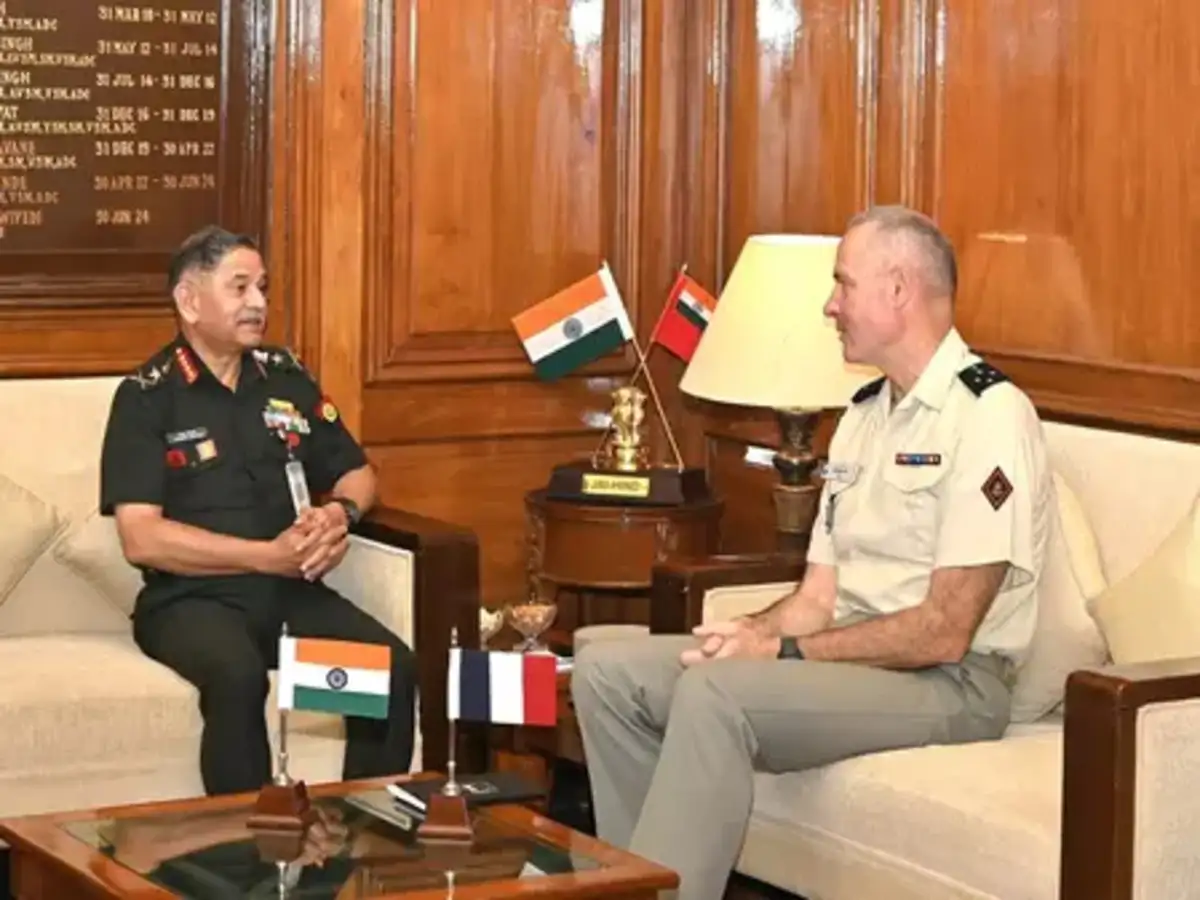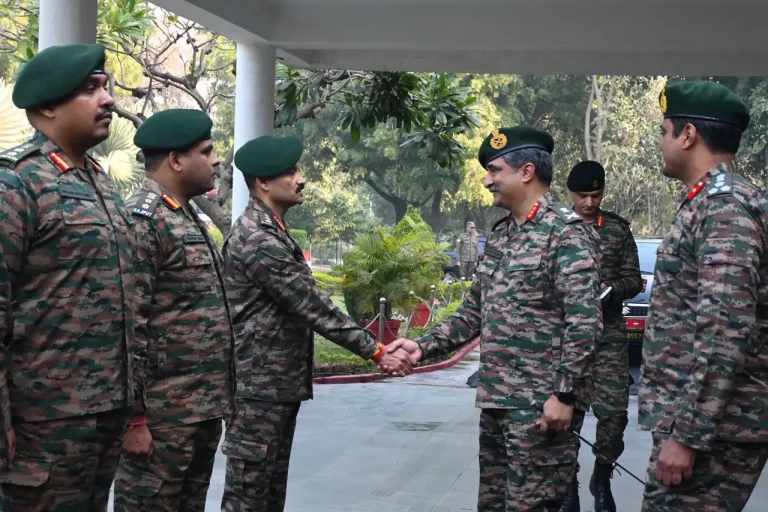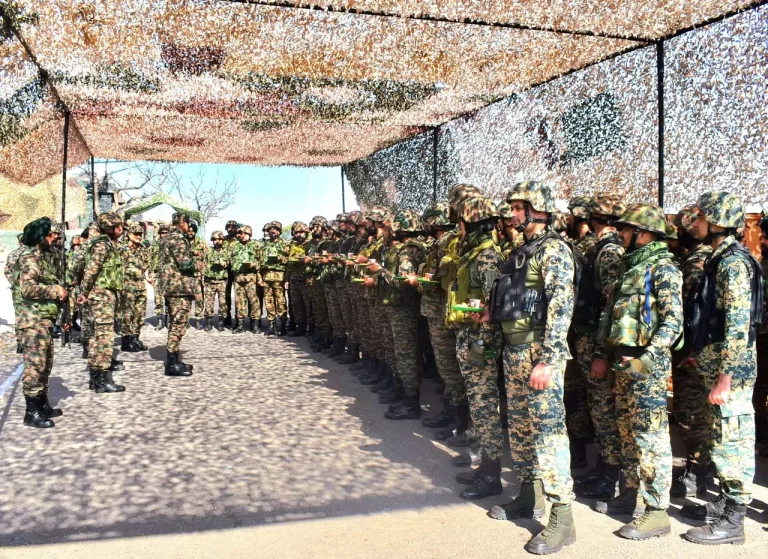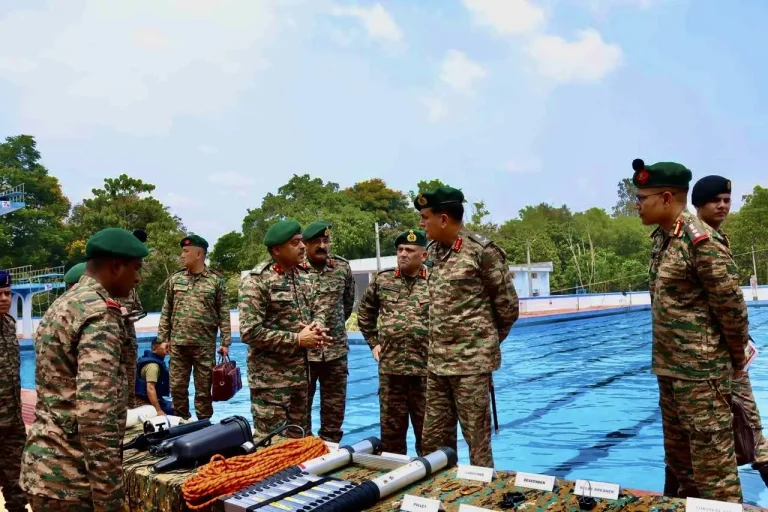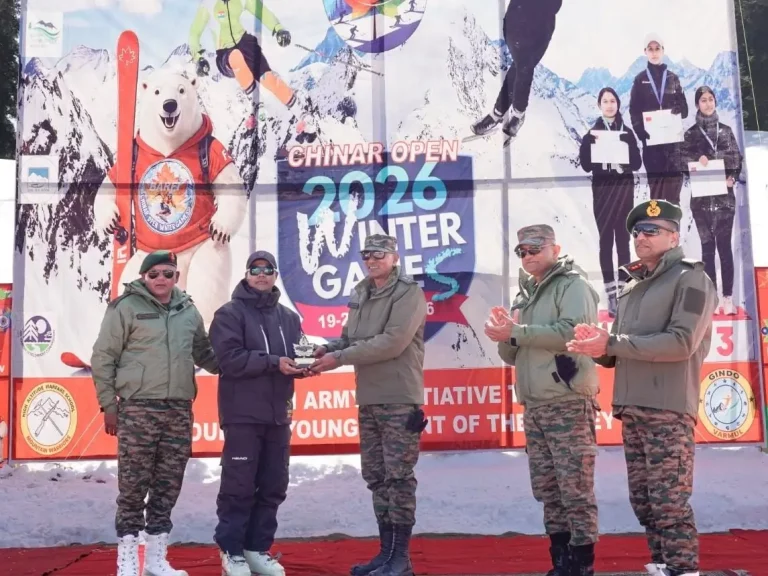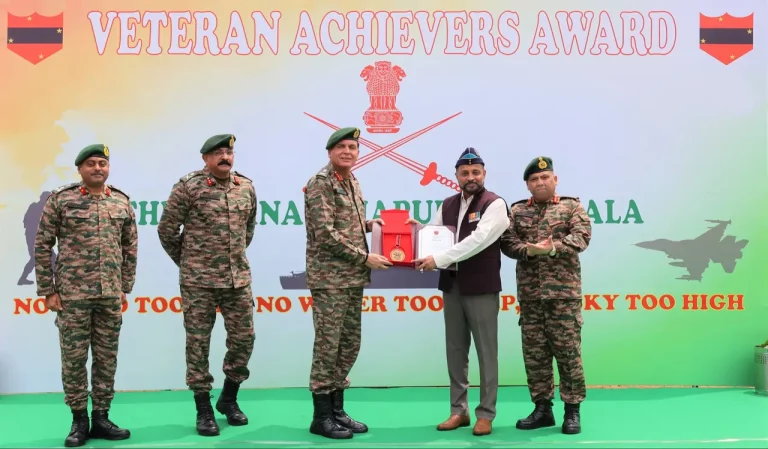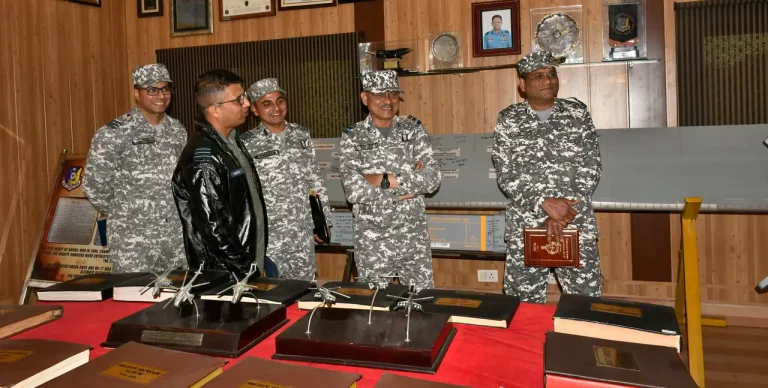During his recent visit to New Delhi for the UN Troop Contributing Countries Chiefs conference, French Army Chief General Pierre Schill expressed a pronounced interest in enhancing defense cooperation between France and India. Key areas of focus included India’s advanced long-range weapon systems, loitering munitions, and novel battlefield technologies.
In discussions with the media, General Schill commended India’s indigenous missile and artillery capabilities, specifically highlighting the operational effectiveness of these systems during Operation Sindoor. He noted that these capabilities serve as a testament to India’s innovation in combat scenarios. In particular, he mentioned France’s interest in acquiring India’s extended-range Pinaka rocket system, developed by the Defence Research and Development Organisation (DRDO). He described this system as a cost-effective and precise solution that aligns well with French military operational needs. Previous demonstrations of the Pinaka system to French officials have illustrated its potential on the battlefield.
Beyond long-range rockets, General Schill showed significant interest in India’s capabilities in loitering munitions and counter-drone systems. He highlighted India’s operational versatility and its rapid integration of unmanned technologies, especially during precision strike operations. The SAKSHAM counter-drone platform was singled out for its immediate relevance on the modern battlefield, attracting notable attention from the French delegation.
The Army Chief emphasized the growing significance of electronic warfare (EW) and artificial intelligence (AI) in contemporary military conflicts. He proposed the development of joint AI-driven command and targeting solutions to bolster situational awareness and responsiveness for both nations. This collaboration could lead to shared knowledge in crucial areas, particularly as unmanned and hybrid warfare increasingly shape modern military engagements.
The visit also reinforced the initiative to institutionalize annual bilateral army exercises, building on the existing Shakti series. Future exercises are expected to include complex scenarios that encompass UAV operations, counter-drone missions, and EW drills, reflecting the evolving strategic objectives of both armies.
General Schill’s statements signal a strengthening strategic partnership between Paris and New Delhi, focused on high-technology and multi-domain warfare. This cooperation aligns with India’s push for self-reliance in defense technologies and France’s aim to broaden its defense partnerships beyond Europe, marking the beginning of a new chapter in Indo-French military collaboration.
